 | |
2012 Session: July 12 - July 31, 2012 | |
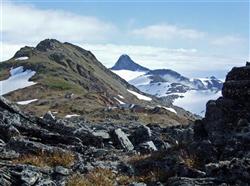
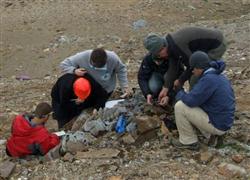
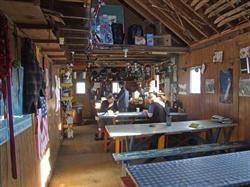
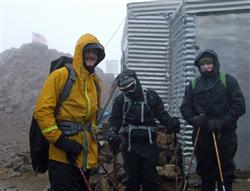
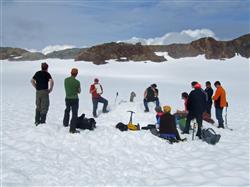
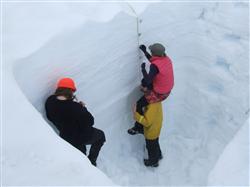
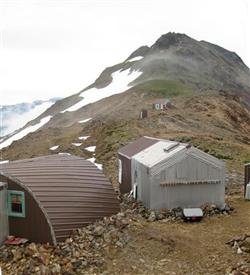
|
The Juneau Icefield Research Program (JIRP) enjoys a well established and widely recognized reputation for unique educational and research opportunity and training. For the past half century more than 1200 alumni have used their experience with JIRP as a platform to launch prestigious and leadership careers in Climate and Quaternary science. Situated along the crest of the Coast Range Mountains of southeastern Alaska, the Juneau Icefield is ideal for studies of climate change by virtue of the temperate nature of the glaciers it feeds. Careful monitoring of the glaciers' wax and wane in step with climate fluctuations is an essential aspect of modern climate research, and much of that monitoring can only be done in situ - on the icefield. Never has the study of glaciers as indicators of climate change been more important to global society than now. Development of a personal frame of reference based on actual scientific field observations on an icefield is a unique experience and opportunity. A true expeditionary science training program, JIRP's Pre-College program runs for three weeks in late July and is open to physically and mentally healthy, fit, enthusiastic high school students who have finished their junior or senior year of high school. The group meets in Juneau, AK in early July, and spends a few days at the University of Alaska getting to know one another and receiving orientation and lessons in basic glaciology, and participating in a day long field trip to the Mendenhall Glacier for an encounter with real glacial ice. Participants then make the rigorous, day long hike from Juneau up to Camp 17 on the Juneau Icefield - almost 5000 ft higher! On the way up, students climb through boreal rainforest and the famous "vertical swamp", cross over alpine meadows and tundra, and finally climb the length of the Ptarmigan Glacier to reach Camp 17. They immediately settle in to their quarters in the rough "shacks" of the camp, and the first full day there involves orientation to camp life...including daily cooking, cleaning, water collection, and general maintenance chores shared by all. JIRPers are instructed in field mapping techniques and create a geologic map of Camp 17's rocky arete, and each day, in all weather, students venture out on the ice to measure ablation and ice conditions in 4 meter deep "mass balance pits" that they carve into the ice. While the focus of the program is academic (college credit is available through the University of Alaska), the expeditionary nature of the experience is thoroughly integrated as well. Basic mountaineering training - including safe travel over ice (self arrests with an ice ax, crevasse rescues, and proper use of ropes, harnesses, and other climbing equipment) - is provided by a professional guide who is part of the group. When weather permits, the group will take day hikes across surrounding glaciers and climb up nearby peaks. Evenings are spent analyzing data collected during the day, engaging in small seminars, watching movies, practicing mountaineering techniques, and simply spending time together. All of these activities build the skills and camaraderie that are essential to members and leaders of successful expeditionary science teams. The group hikes back down to Juneau (and back to the University) a few days before they fly out. "Decompression" takes the form of some R and R on the mean streets of Juneau, a tour of coastal Alaska north of Juneau, and some relaxation at the Mendenhall visitor center where the bears come to get their salmon. Prepared meals, real beds, hot showers, and washing machines are probably the most welcome aspect of the return from the ice. Click the images to the left for larger views, and on the picture below to see an "Earth Science Picture of the Day". Take a look at our FB pages linked at Details. 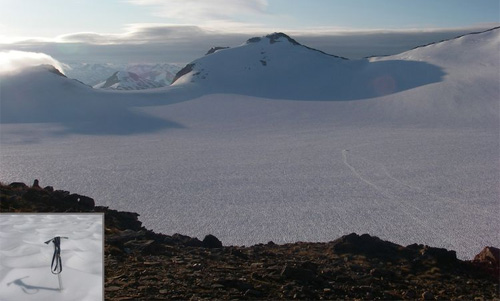
|
Created on ... November 26, 2011